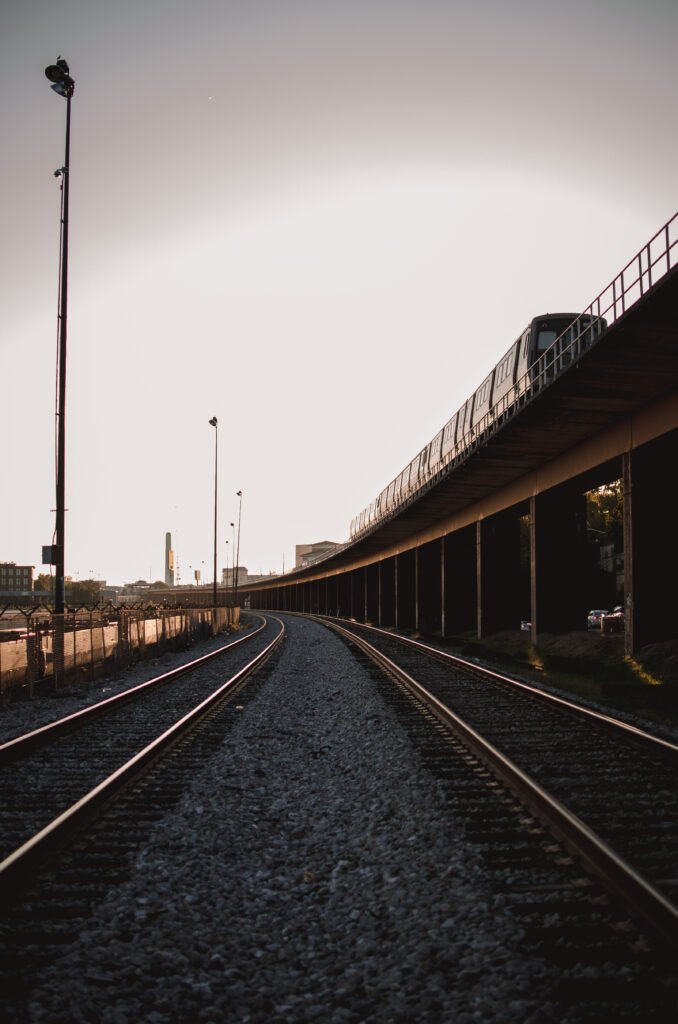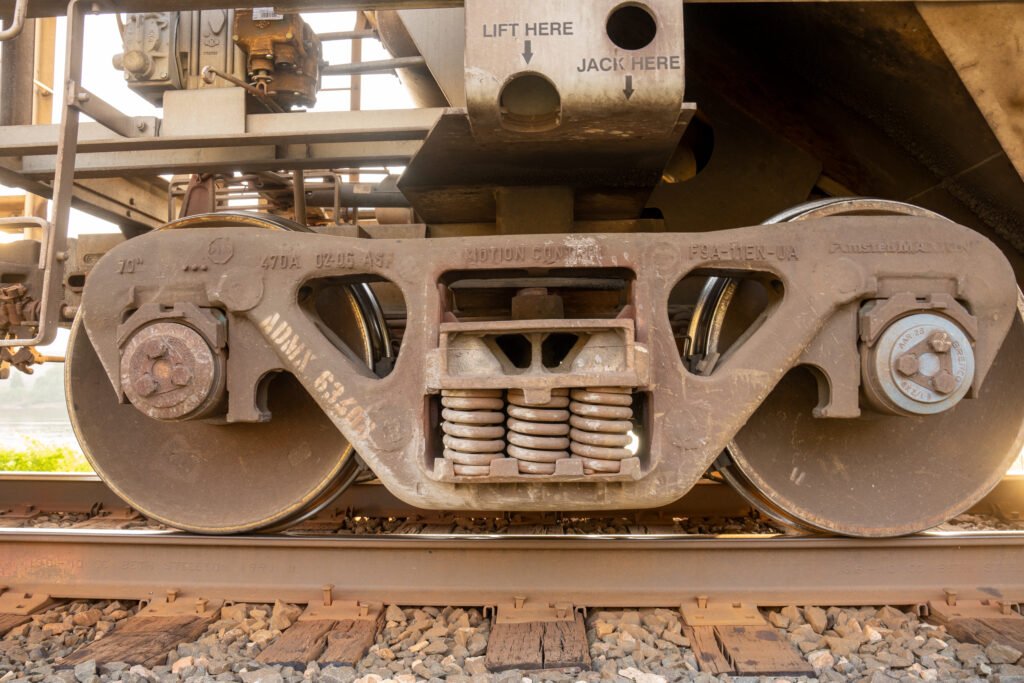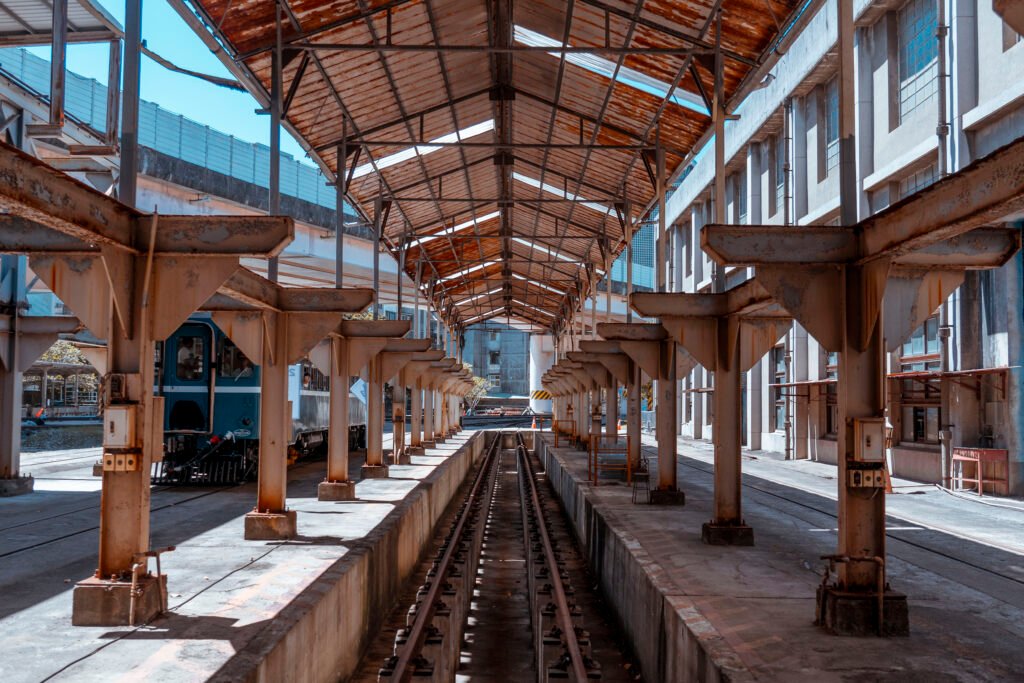If you’ve ever been curious about the captivating history of the Underground Railroad in Philadelphia, you’re in luck! Discovering the secrets and stories behind this vital network that aided countless enslaved individuals in their quest for freedom has never been easier. From visiting renowned historical sites to exploring immersive exhibits and engaging with knowledgeable local guides, there are numerous exciting avenues that await your exploration. Prepare to embark on a fascinating journey as you delve into the intriguing past of the Underground Railroad in Philadelphia.

This image is property of images.pexels.com.
Background Information
The Underground Railroad in Philadelphia
If you’re interested in learning about the history of the Underground Railroad in Philadelphia, you’re in for a treat! Philadelphia played a crucial role in this secret network of individuals and organizations who helped enslaved African Americans escape to freedom in the years leading up to the Civil War. The city was a key hub for fugitives seeking their freedom, with many safe houses and courageous abolitionists working together to create a path to liberty.
Purpose of the Underground Railroad
The Underground Railroad had a clear purpose – to provide a means of escape for enslaved African Americans and guide them to freedom. It was not an actual railroad, but rather a network of people who believed in the abolitionist cause and were dedicated to helping those seeking freedom. This network extended from the southern states, where slavery was legal, to the northern states and even into Canada, where freedom could be found.
Historical Sites
Betsy Ross House
One of the significant historical sites related to the Underground Railroad in Philadelphia is the Betsy Ross House. While Betsy Ross is known for sewing the first American flag, her house also served as a safe house for fugitive slaves. It is believed that Betsy Ross and her husband Joseph Ashburn were active abolitionists, providing refuge and assistance to those seeking freedom.
Mother Bethel AME Church
Another important historical site is the Mother Bethel AME Church. Founded in 1794, this church has a rich history connected to the Underground Railroad. Richard Allen, one of the church’s founders, was an influential abolitionist. The church served as a meeting place for abolitionist discussions and undoubtedly played a role in assisting those fleeing slavery.
Johnson House Historic Site
The Johnson House Historic Site offers visitors a unique glimpse into the Underground Railroad. The Johnson family, a prominent abolitionist family, operated this safe house for fugitive slaves. Visitors can explore the house and learn about the Johnsons’ efforts to provide sanctuary and support to those seeking freedom.
Belmont Mansion
Belmont Mansion provides another fascinating look into Philadelphia’s Underground Railroad history. The mansion was owned by Judge Richard Peters Jr., who was known for advocating for the abolition of slavery. It is believed that the mansion’s servants were active in assisting fugitives, making this an essential stop on any historical tour of the Underground Railroad in Philadelphia.

This image is property of images.pexels.com.
Museums
National Underground Railroad Freedom Center
Although not located in Philadelphia, the National Underground Railroad Freedom Center in Cincinnati, Ohio, is worth mentioning. This museum is dedicated to preserving the history of the Underground Railroad and highlighting its importance in the overall story of American slavery. Through interactive exhibitions and educational programs, it offers a comprehensive understanding of this pivotal chapter in our nation’s history.
African American Museum in Philadelphia
In the heart of Philadelphia, the African American Museum is a must-visit for anyone interested in learning about African American history, including the Underground Railroad. The museum showcases various exhibits focused on the African American experience, including slavery and the abolitionist movement. It provides a comprehensive overview of the challenges faced by African Americans and the strides made towards equality.
Philadelphia History Museum
The Philadelphia History Museum houses a collection that spans centuries of Philadelphia’s history, including its involvement in the Underground Railroad. Visitors can explore artifacts, documents, and multimedia displays that bring the past to life. The museum sheds light on the experiences of both enslaved individuals and those who fought against slavery, offering a well-rounded perspective on this critical period.
Pennsylvania Academy of the Fine Arts
While not solely dedicated to the Underground Railroad, the Pennsylvania Academy of the Fine Arts showcases various artworks that touch on the themes of slavery and freedom. By examining these visual representations, visitors can gain a deeper understanding of the emotions, struggles, and triumphs associated with the Underground Railroad.
Books and Literature
‘Escape on the Pearl’ by Mary Kay Ricks
If you prefer diving into a gripping narrative, “Escape on the Pearl” by Mary Kay Ricks is a must-read. This book tells the true story of a daring escape attempt by 77 enslaved individuals in Washington, D.C., in 1848. The story highlights the challenges faced by those seeking freedom and serves as a reminder of the bravery and resilience of the Underground Railroad participants.
‘Riding to Washington’ by Gwenyth Swain
For younger readers, “Riding to Washington” by Gwenyth Swain is a captivating tale that introduces the Underground Railroad in an age-appropriate manner. Through the eyes of a fictional young girl, readers will follow her journey as she helps a fugitive slave reach freedom. This book provides an engaging way to spark children’s curiosity about this important part of American history.
‘Underground Railroad in Delaware, Maryland, and West Virginia’ by William J. Switala
If you want to explore the broader context of the Underground Railroad’s reach beyond Philadelphia, “Underground Railroad in Delaware, Maryland, and West Virginia” by William J. Switala is an excellent resource. This comprehensive book delves into the history of the Underground Railroad in these specific regions, shedding light on lesser-known escape routes and detailing the stories of those involved in the struggle for freedom.

This image is property of images.pexels.com.
Educational Tours
Historical Society of Pennsylvania Underground Railroad Walking Tour
To fully immerse yourself in the history of the Underground Railroad in Philadelphia, consider taking the Historical Society of Pennsylvania’s Underground Railroad Walking Tour. Led by knowledgeable guides, this tour takes you to sites significant to the Underground Railroad’s operation, allowing you to visualize what life was like for those seeking freedom. You’ll gain a deeper understanding of the challenges faced by both fugitives and abolitionists.
The Constitutional Walking Tour of Philadelphia
The Constitutional Walking Tour of Philadelphia explores not only the history of the Underground Railroad but also the broader historical context of the American Revolution and the fight for independence. This tour provides valuable insights into the Underground Railroad’s connection to the city’s revolutionary past and its impact on the struggle for civil rights.
PhillyHistory.org Virtual Museum
For those who can’t visit Philadelphia in person, the PhillyHistory.org Virtual Museum offers a captivating alternative. This online resource allows you to explore Philadelphia’s history, including its connection to the Underground Railroad, through an extensive collection of photographs, maps, and documents. You can dive deep into the stories of escaped slaves, abolitionists, and safe houses from the comfort of your own home.
Online Resources
Philadelphia Historic Preservation
The Philadelphia Historic Preservation website provides a wealth of information about the city’s historical sites related to the Underground Railroad. From comprehensive site descriptions to suggested itineraries, this resource serves as an excellent starting point for planning your exploration.
VisitPhilly.com
VisitPhilly.com is another valuable online resource for learning about the history of the Underground Railroad in Philadelphia. The website provides detailed information about historical sites, museums, and tours that will help you navigate your way through the city’s rich abolitionist heritage.
Historical Society of Pennsylvania Online Resources
The Historical Society of Pennsylvania offers a range of online resources that can enhance your understanding of the Underground Railroad. From digitized collections to educational videos and articles, their website is a treasure trove of information for both scholars and curious individuals alike.
Community Organizations
Philadelphia Area Cooperative Alliance
The Philadelphia Area Cooperative Alliance is an organization dedicated to promoting economic equity and opportunity in Philadelphia. While not exclusively focused on the Underground Railroad, their work aligns with the goals of the abolitionists who supported the Underground Railroad. By supporting their initiatives, you can contribute to creating a more equitable and inclusive society.
African American Museum in Philadelphia
In addition to being a museum, the African American Museum in Philadelphia is actively involved in community outreach and programming. Through events, workshops, and educational initiatives, they strive to preserve African American heritage and promote dialogue about social justice issues, including the ongoing fight for civil rights.
Philadelphia City Planning Commission
The Philadelphia City Planning Commission plays a crucial role in preserving the city’s historical heritage, including its Underground Railroad sites. They work closely with community organizations, historians, and residents to ensure that these important landmarks are protected and integrated into the city’s urban development plans.
Educational Institutions
University of Pennsylvania
The University of Pennsylvania is renowned for its academic programs, but it also offers resources for those interested in exploring the history of the Underground Railroad. From history courses that delve into the subject to research opportunities and archival collections, the university provides numerous avenues for deepening your knowledge.
Temple University
Temple University, located in the heart of Philadelphia, offers a range of resources related to the Underground Railroad. The Special Collections Research Center houses extensive archival materials, including manuscripts, maps, and photographs, that can shed light on this important historical period. Additionally, the African American Museum’s Oral History Program is also affiliated with Temple University, providing valuable firsthand accounts of the Underground Railroad.
Drexel University
Drexel University, known for its commitment to experiential learning, offers opportunities for students to engage with the history of the Underground Railroad. Through internships, research projects, and community partnerships, Drexel students can actively contribute to preserving and sharing the stories of the Underground Railroad in Philadelphia.
Publications and Journals
Journal of Black Studies
The Journal of Black Studies is a scholarly publication that showcases research and analysis on a wide range of topics relevant to the African American experience, including the Underground Railroad. By reading through the journal’s articles, you can stay up to date on the latest academic scholarship and gain a deeper understanding of this vital historical period.
Pennsylvania Magazine of History and Biography
The Pennsylvania Magazine of History and Biography is a widely respected publication that covers various aspects of the state’s history, including the Underground Railroad. Its scholarly articles and research contribute to a comprehensive understanding of the events and individuals that shaped this transformative time in Pennsylvania’s past.
Pennsylvania Heritage Magazine
Pennsylvania Heritage Magazine caters to a broader audience, offering engaging articles that explore Pennsylvania’s rich history and culture. With a diverse range of content, including stories related to the Underground Railroad, readers can enjoy a captivating reading experience while expanding their knowledge of the state’s past.
Oral History and Interviews
Special Collections Research Center at Temple University
The Special Collections Research Center at Temple University houses an extensive collection of oral histories related to the Underground Railroad. By accessing these interviews, you can gain firsthand accounts from descendants of those involved in the Underground Railroad. These personal stories provide invaluable insights into the experiences and sacrifices of those who fought for freedom.
African American Museum in Philadelphia Oral History Program
The African American Museum in Philadelphia’s Oral History Program focuses on capturing and preserving the narratives of African Americans, including stories related to the Underground Railroad. By listening to these interviews, you can deepen your understanding of the challenges faced by those involved in the Underground Railroad and gain a more nuanced perspective of this complex history.
Historical Society of Pennsylvania Oral History Collection
The Historical Society of Pennsylvania maintains an extensive oral history collection, which includes interviews with individuals who have firsthand knowledge of Philadelphia’s Underground Railroad history. By listening to these recordings, you can hear the voices of those who experienced this pivotal time firsthand and gain a deeper appreciation for their courage and determination.
In conclusion, there are numerous avenues through which you can learn about the history of the Underground Railroad in Philadelphia. From historical sites and museums to books, educational tours, and online resources, the possibilities are vast. By exploring these diverse outlets, you can gain a comprehensive understanding of this transformative period in American history and honor the individuals who risked everything to fight for freedom.
